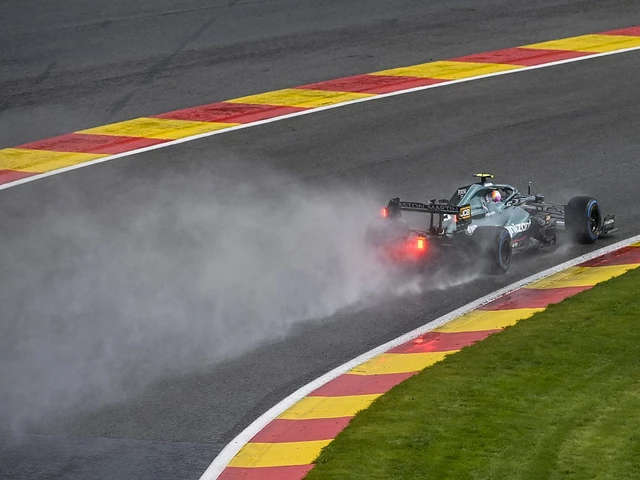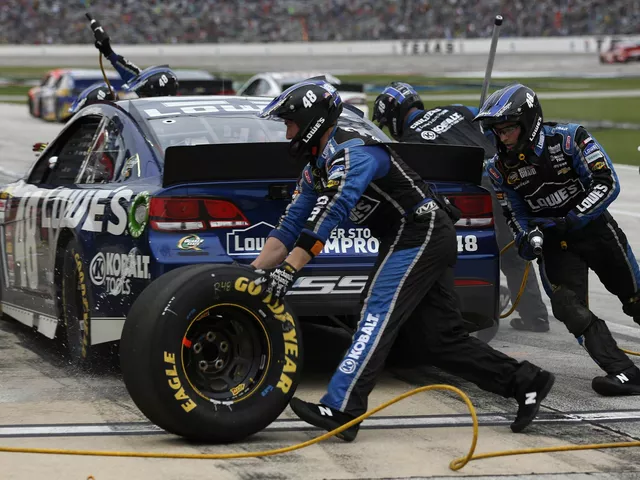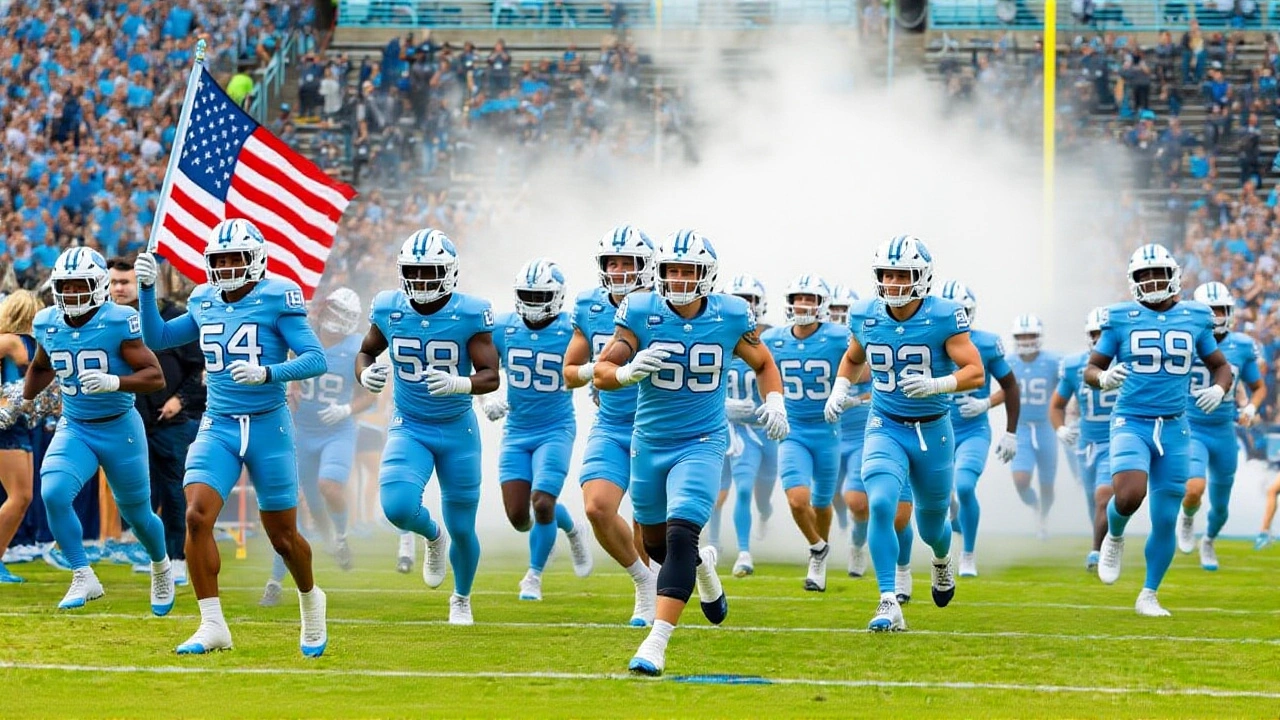
With 2:20 left and down by one, Duke didn’t kick a field goal. They ran a fake. And it changed everything.
On a cold Saturday night in Chapel Hill, Kenan Memorial Stadium shook as Duke stunned North Carolina 32-25, clinching bowl eligibility and keeping the Victory Bell in Durham. The win wasn’t just about points—it was about guts, timing, and a coaching decision that will be replayed for years.
The Call That Changed Everything
Trailing 25-24 with just over two minutes left, Manny Diaz, Duke’s head coach, faced a classic fourth-and-1 inside UNC’s 30-yard line. Most coaches would’ve sent out the kicker. Diaz didn’t. He called a fake field goal. Holder Todd Pelino took the snap, rolled right, and sprinted 26 yards for a first down. The crowd gasped. The broadcast crew lost their voices. Two plays later, Anderson Castle punched it in from the 1-yard line. Then, in a move that showed just how confident Duke was, they went for two—and Darian Mensah found wide receiver Jalen McKee in the end zone. 32-25. The bell was ringing in Durham before the clock even hit two minutes.
Castle’s Breakout Night
Anderson Castle, a transfer from Appalachian State, didn’t just score three touchdowns—he became the engine of Duke’s offense. His 13 carries for 49 yards weren’t flashy, but they were brutal. Every yard came with a thud. He broke tackles. He finished drives. He turned short gains into momentum. Meanwhile, Nate Sheppard churned out 90 yards on 22 carries, keeping UNC’s defense off balance. Together, they powered Duke to 177 rushing yards—the kind of ground game that wins in November.
Quarterback Darian Mensah wasn’t perfect—20 of 33 for 175 yards—but he made the big throws when it mattered. And when the pocket collapsed, he scrambled for 27 yards, including a key 15-yard dart on third-and-12 late in the fourth. Duke converted five of six fourth downs. That’s not luck. That’s execution.
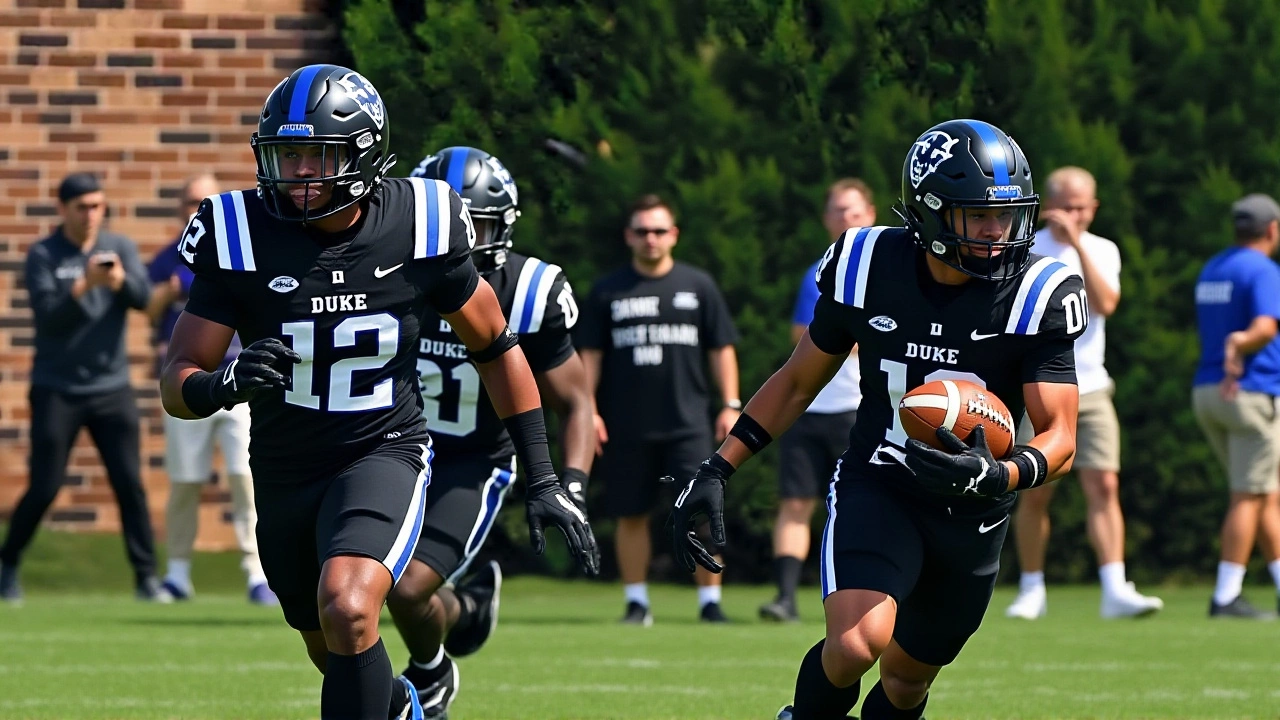
UNC’s Self-Inflicted Wounds
North Carolina didn’t lose because they were outplayed. They lost because they couldn’t stay out of their own way. Twelve penalties. 103 yards. Three unsportsmanlike conduct flags in the fourth quarter alone. One was for taunting after a Duke turnover. Another for arguing a call that wasn’t even close. The third? A player shoved a referee during a sideline scuffle. All three killed drives. All three were avoidable.
Quarterback Gio Lopez played well—two touchdowns, 198 total yards—but he was pressured into a critical fourth-down incompletion with 1:18 left. Wideout Jordan Shipp caught eight passes for 83 yards, including a 20-yard score. Running back Davion Gause added a rushing touchdown. But none of it mattered when the penalties piled up and the clock ran out.
And then there’s the elephant in the room: Bill Belichick.
Yes, Bill Belichick. The 72-year-old legend, fresh off 24 seasons with the New England Patriots, took his first college head coaching job at UNC this season. The expectations were sky-high. The results? A 4-7 record. A season without a bowl game. A loss to Duke that felt like a metaphor—precision vs. chaos, discipline vs. distraction. After the game, Belichick said little, just nodded and walked off the field. No press conference. No excuses. Just silence.
The Bell, The Streak, The Legacy
The Victory Bell has been awarded since 1948. Duke now holds it for the second straight year. That’s only the third time since 1990 they’ve done it. The last time? 2012-2013. This isn’t a fluke. It’s a shift.
“It’s two years in a row that when it came down to winning time at the end of the game in this fixture, that the Duke guys were the ones making the plays in clutch time,” Manny Diaz said after the game. And he’s right. In 2024, Duke won 31-28 on a last-second field goal. This year? A fake, a plunge, a two-point conversion. Same result. Different drama.
Duke (6-5, 5-2 ACC) will now wait for bowl announcements, likely heading to the Gasparilla Bowl or the Duke’s Mayo Bowl. UNC (4-7, 2-5 ACC) packs up. No postseason. No redemption. Just questions about what went wrong.
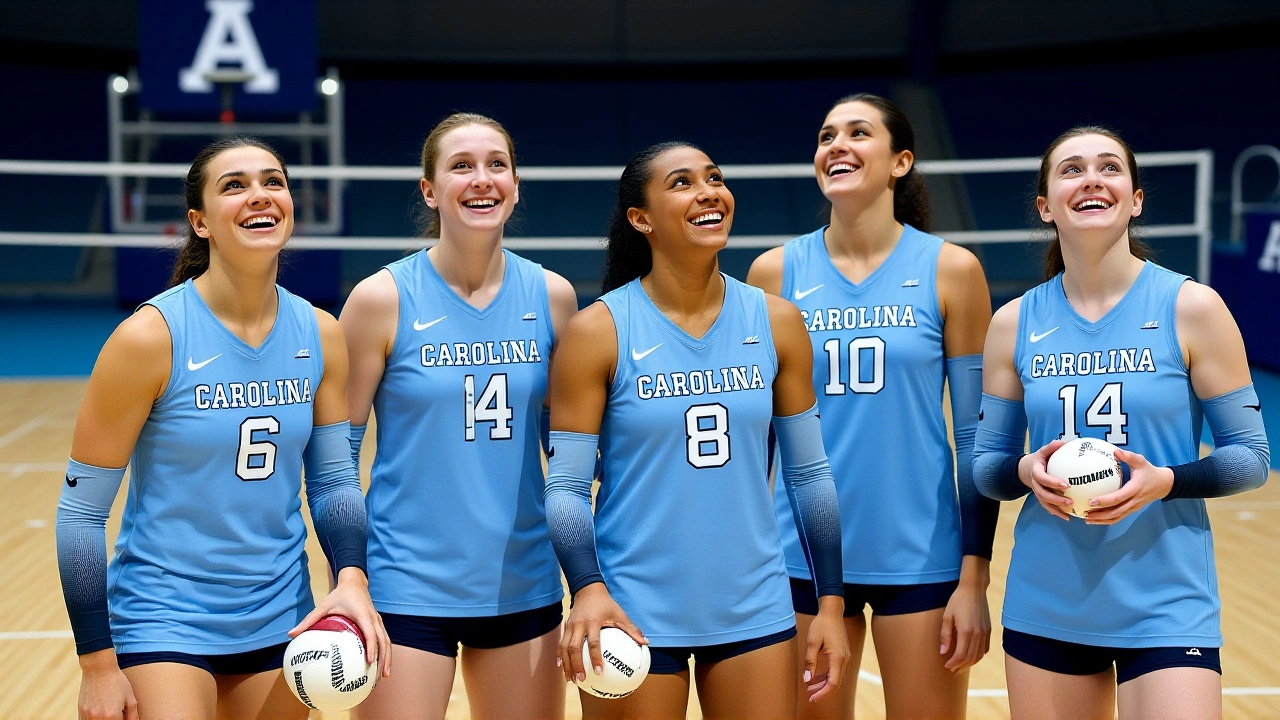
What’s Next?
Duke’s momentum is real. With Castle and Sheppard returning next year, and Mensah under center, the Blue Devils could be a dark horse in the ACC Coastal in 2026. Diaz has built something here—consistent, smart, resilient football.
For UNC? The road ahead is harder. Belichick’s system takes time. But with 12 penalties in a rivalry game? That’s not a system issue. That’s a culture issue. Can he fix it? The fans are waiting. The media is watching. And the Victory Bell? It’s staying in Durham.
Frequently Asked Questions
How did Duke become bowl eligible with only six wins?
NCAA rules require six wins for bowl eligibility. Duke’s 6-5 record (5-2 in the ACC) met that threshold, making them eligible for the first time since 2023. Their win over UNC was the sixth, and it came on the final day of the regular season—making it even more dramatic. Only 10 ACC teams reached six wins this year, so Duke’s spot is competitive.
Why is the Victory Bell such a big deal in this rivalry?
The Victory Bell, dating to 1948, is the oldest rivalry trophy in the ACC. Originally a locomotive bell from a train that ran between Durham and Chapel Hill, it’s been awarded to the winner since 1948. Duke leads the all-time series 51-48-4, but the last decade has been tight. Holding it two years in a row is rare—only three times since 1990—and signals a shift in power.
Was Bill Belichick’s first season at UNC a failure?
It’s too early to call it a failure, but it’s clearly a disappointment. Belichick inherited a program that went 4-8 in 2024. A 4-7 record in Year 1 with a 2-5 ACC mark means no bowl, no top recruits, and no momentum. His system takes time—but penalties, turnovers, and mental errors in key games suggest deeper issues. The real test comes in recruiting and culture change over the next 18 months.
What made Duke’s fourth-down conversions so effective?
Duke converted 5 of 6 fourth downs, including three in the fourth quarter. That’s rare in college football. Their success came from disciplined play-calling, strong offensive line play, and a willingness to trust their runners in short-yardage. They didn’t rely on trick plays—they ran power, misdirection, and kept it simple. That’s the mark of a well-prepared team.
How did Duke’s defense make the difference?
Duke’s defense didn’t dominate stats-wise, but they made critical stops. Linebacker Chandler Rivers delivered a huge hit on a key third down in the fourth quarter, forcing a punt. Cornerback Kobe Paysour broke up the final fourth-down pass. They held UNC to 3-of-12 on third down and forced a turnover on downs. In a game decided by inches, those stops were everything.
What’s the historical significance of Duke beating UNC two years in a row?
Since 1990, Duke has won back-to-back games against UNC only twice: 1992-93 and 2012-13. This is the third time. It’s a sign that Duke’s program, under Manny Diaz, is finally building sustained competitiveness. For decades, UNC dominated this series. Now, with two straight wins and bowl eligibility, the Blue Devils are proving they’re no longer just the underdog.
